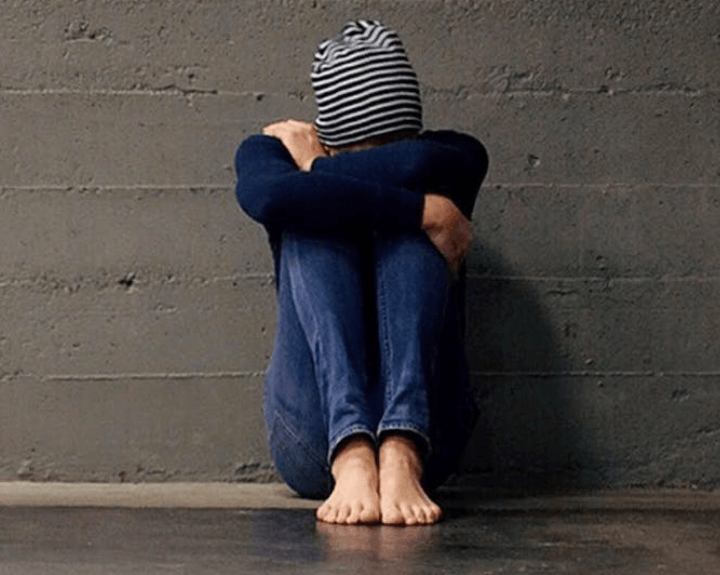If someone experiences online harassment, their emotional well-being is likely to be affected. They may suffer from a lack of confidence or lowered self-esteem. They may doubt their self-worth and the validity of their opinions, which may mean they avoid talking about their feelings and what is upsetting them. It is normal to feel anxious, stressed and low, and for appetite and sleep to be affected.
People can also feel angry about what is happening and this can spur them on to positive action, taking back control and doing something about what’s happening – calling it out, facing down the bullying, rallying their friends to support them, and all of this can improve self esteem and get things back on track.
Sometimes, people experiencing online harassment can also become more aggressive towards others and even start to harass people themselves, as this can gives a sense of power to remedy the vulnerability of being a victim. They may start avoiding social media altogether, deleting all their email or social media accounts, or conversely spending even more time on the internet. The person may decide to use drugs or alcohol or food as a means of escape. Sometimes people may think about self-harm or even suicide – this is frightening but, again, it can be normal and the thing to do is talk to someone about it straight away.
It is easy with all of this going on to feel frightened of the outside world and to stay in more, and withdraw from other people, even though this just makes the isolation worse.
Victims may withdraw from socialising, not wanting to be seen or not trusting that others will have their best interests at heart. They may believe that people are pointing them or that they are an object of unkind conversation – that everyone knows ‘what happened’, and is secretly laughing at them. The shame that should belong to the bully starts to belong to them instead, as if it is their fault, and it can be hard to remember that they are the victim here, and have nothing to feel ashamed of.
Withdrawal can take many forms, such as going out less, refusing to leave the house or their room, not attending the societies or doing the hobbies they used to enjoy or simply becoming less talkative and preferring to be by themselves. As part of social withdrawal the person may reduce attendance at their university lectures or stop going altogether, which can also negatively impact on their academic achievement and progress.
Social withdrawal is often noticed by close friends and family, who may hear countless improbable excuses for the altered behaviour and perhaps witness the withdrawn person becoming more secretive about their online activity for instance, hiding their phone/computer screen from others’ view. It can be hard to know what to do, but remembering to persist in supporting the person no matter what can only be helpful.
Understanding that it is OK to feel on a bit of a roller coaster until you find your own way forward can help you to tolerate all of the ups and downs, and to know that nothing is wrong with them or you – it is part of being properly human to have emotional reactions and need to work through them.
Experiencing online harassment or abuse can affect different people in different ways, so victims of online harassment may exhibit any combination of the above. If you notice one or more of these warning signs in someone you’re close to, there are a number of resources you can access in order to support them and help stop the harassment from continuing.
 Social
Social
 Emotional
Emotional
 Behavioural
Behavioural
 Online Bullying Behaviours
Online Bullying Behaviours